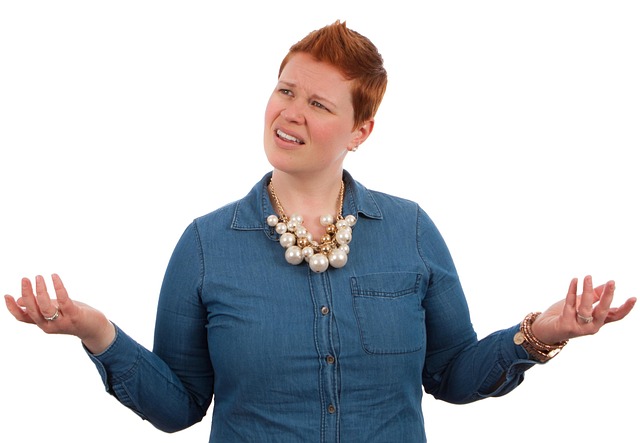The Paradox of Indecisiveness: Exploring Science and Modern Philosophy
Indecisiveness is a feeling we all grapple with at some point in our lives. It can manifest as the inability to make even the simplest choices, leaving us stuck in a whirlwind of options, unable to move forward. In a world filled with infinite choices, the weight of decision-making has never been heavier. This paradox of indecisiveness intertwines itself with both science and modern philosophy, leading us to a deeper understanding of this universal struggle.
The Science of Indecisiveness
Scientific research into decision-making reveals that our brains are wired to prefer familiarity and comfort over uncertainty. Neuroimaging studies show that when faced with multiple choices, areas of the brain associated with anxiety light up, indicating that the fear of making a wrong decision can paralyze our ability to choose.
Additionally, cognitive psychology introduces us to the concept of analysis paralysis.” When we are presented with too many options, our brains can become overloaded, making it difficult to evaluate the pros and cons of each choice. This can lead to procrastination, as we hope for clarity that may never arrive. Understanding the neurological mechanisms behind indecisiveness can help us recognize that it’s not just a personal flaw, but rather a complex interplay of biological responses and emotional underpinnings.
Modern Philosophy’s Take on Choices
Turning to modern philosophy, thinkers like Jean-Paul Sartre and Søren Kierkegaard address the existential dimensions of indecisiveness. Sartre posits that our freedom comes with the burden of choice; each decision we make defines who we are. This notion can be overwhelming, as it underscores the weight of responsibility that accompanies each action. The fear of making a choice that impacts our identity often leads us into a stasis of indecision.
Kierkegaard, on the other hand, explored the concept of “angst,” which describes the feeling of profound anxiety related to the limitless possibilities life presents. He believed that this angst is an essential part of human existence, revealing our desire for meaning amidst the chaos of choice. In this sense, indecisiveness may also serve as a reflection of our quest for authenticity, forcing us to confront our deeper values and beliefs.
Coping with Indecisiveness
So how do we navigate through the maze of choices in our daily lives? Acknowledging the science behind our indecisiveness may be a helpful first step. Embracing skin-deep reflection can assist in identifying the core of our hesitations. Are we scared of failure, or do we fear the unknown? Finding clarity in what holds us back can lead to more decisive actions.
Additionally, incorporating mindfulness practices can help ground us in the present moment. When we focus on our current feelings instead of getting lost in a sea of possible outcomes, we may find that decisions become less daunting. Allowing ourselves to make smaller choices can build confidence, helping us tackle larger decisions with more assurance.
Indecisiveness, whether viewed through the lens of science or modern philosophy, serves as a reminder of the complexity of human experience. It reflects our struggles, aspirations, and the myriad possibilities that life offers. By exploring these dimensions, we can begin to reclaim our power in the face of uncertainty.




